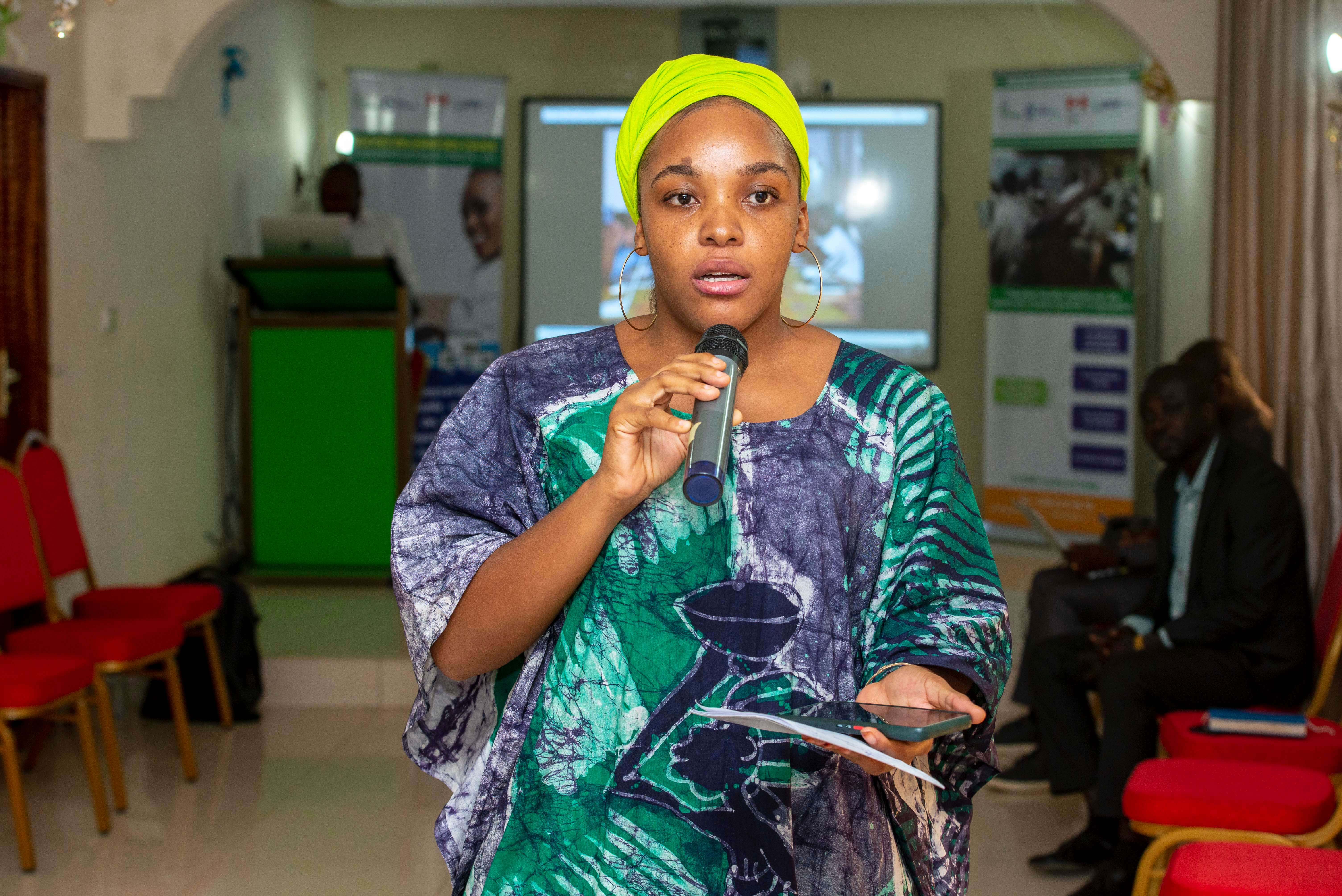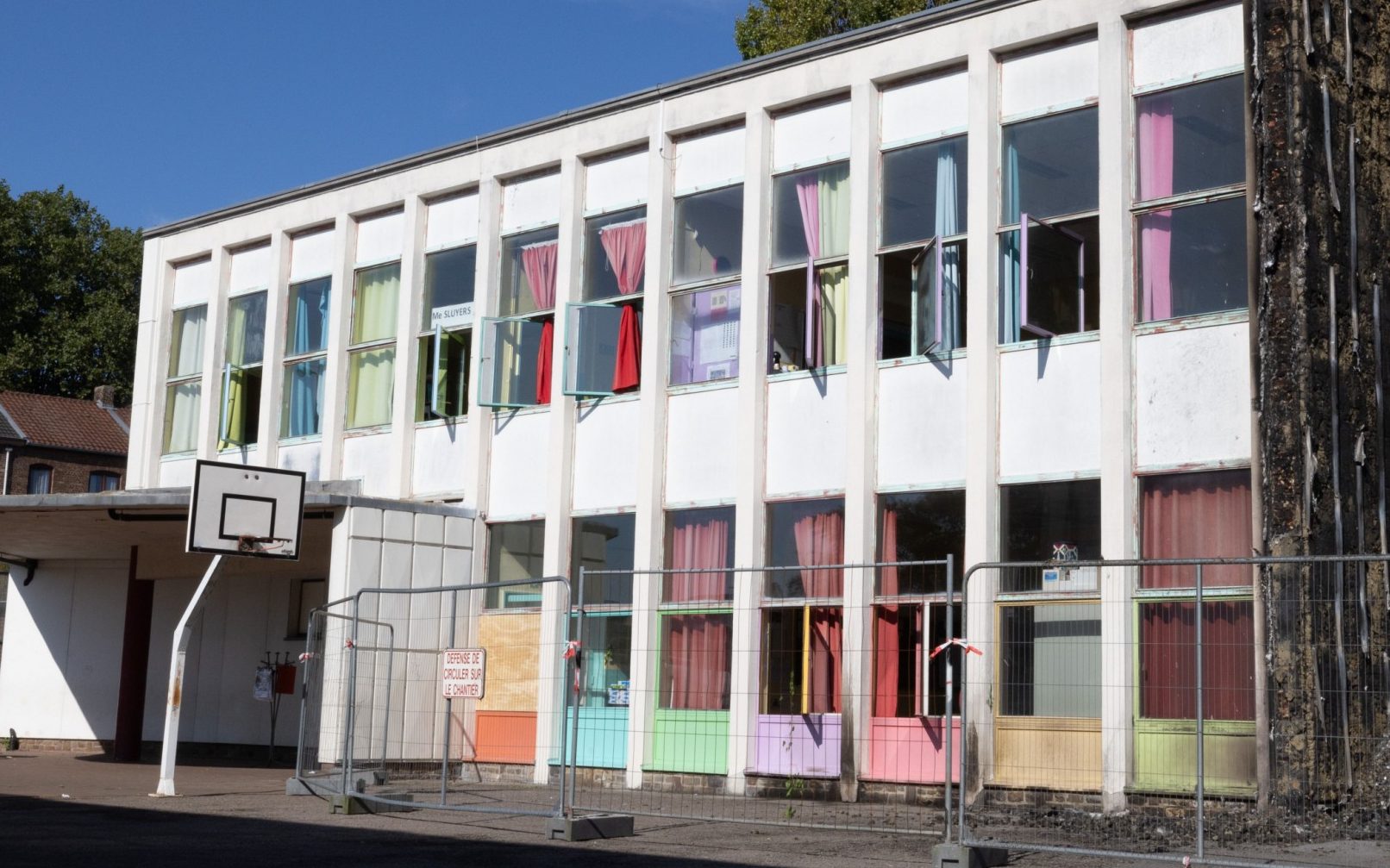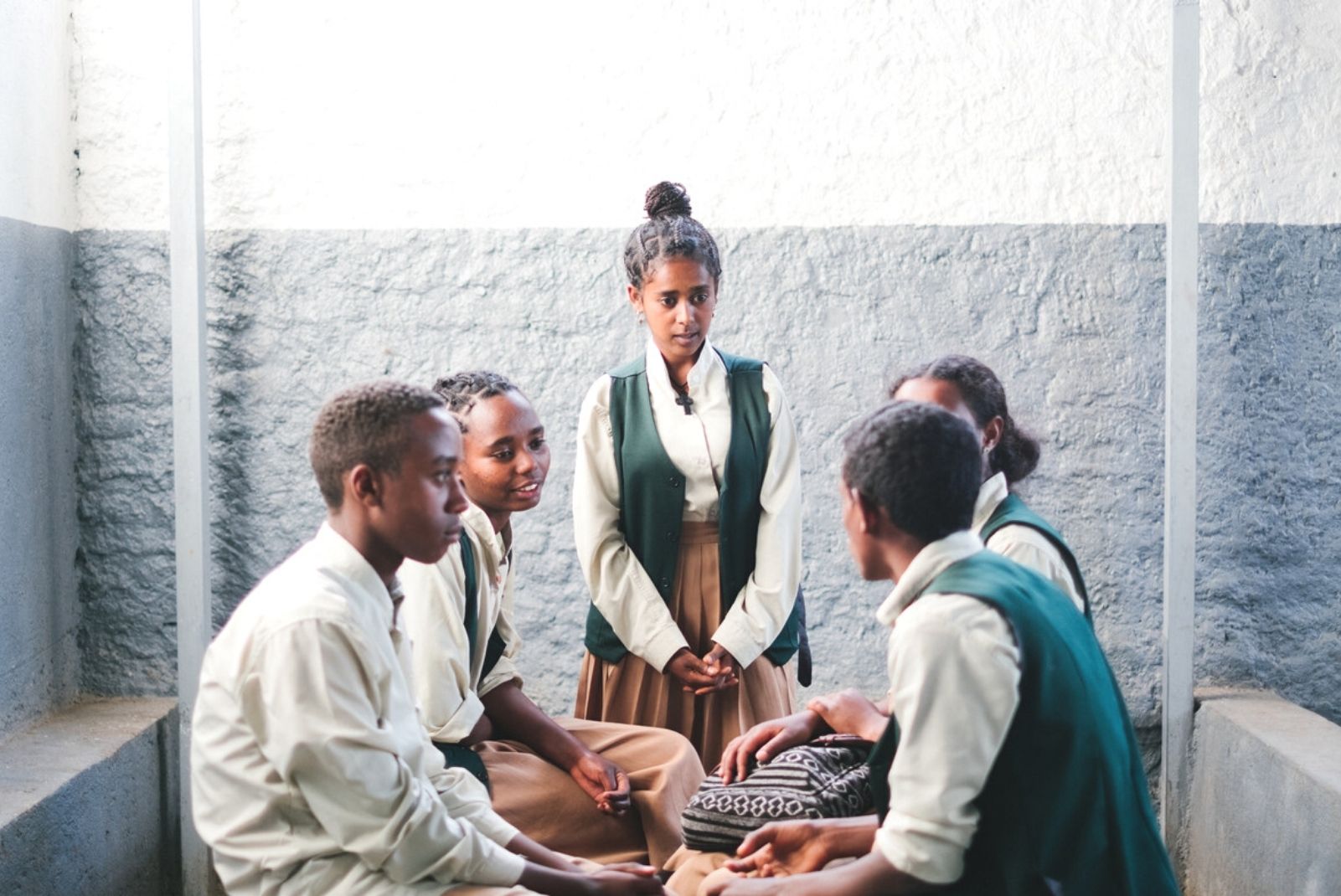Aik Ahmed Easa, 26, has been involved with IPPF’s Member Association in the Maldives - the Society for Health Education (SHE) - since he was just 12 years old. Introduced to the organization by a friend, Aik was invited to join a peer educator program with his older brother, who was 13 at the time. Aik shares his history with SHE, “I started working as a peer educator, and traveled a lot around the Maldives. After that, I went into training other peer educators”. Although he was one of the youngest volunteers to join the program, he is also one of the most dedicated and is currently on the Board of SHE.
After spending some time overseas for his higher education, Aik returned to the Maldives and decided to run for the SHE board. He recalled, “It was an easy win because at that point I had been with the organization for 12 years. I decided that I would not dilute the number of youths on the board. Even though I was a youth then, I decided to run against the older members for a general seat and reserve the youth quota for the juniors I had trained. That’s how we have the majority of youth on the board now”.
when
country
Maldives
region
South Asia
Subject
Young People, Comprehensive Sex Education, Humanitarian
Related Member Association
Society for Health Education (SHE) Maldives

Aik Ahmed Easa, SHE Board Member and peer educator
IPPF/Hannah Maule-ffinch/Maldives“Maldives has the highest rate of divorce in the world.”
Years of experience in the sector as a youth advocate has made Aik realize that although the rapid progression of technology and media has contributed to solving issues of thalassemia and nutrition awareness in Maldives, it has done very little to overcome Maldives' sexual taboos and lack of comprehensive sex education. Like many other countries, cultural and religious influences create a tendency for early marriages in Maldives. He shared: “Our peers plan to get married at 18 even though they were still students.” This continues to be a problem as awareness and access to family planning remains limited.
According to Aik, the ultra-religious and conservative society in Maldives is against relationships before marriage. Premarital relations are frowned upon. Aik recalled, “Now, dating is more acceptable but there was a time when people couldn’t date. I remember my older sisters had to deal with that. When they went out with their boyfriends, rumors would start”. Due to that, parents in the Maldives would prefer their children to marry early than to date.

Parents don’t want their kids to date at all. They would rather get married because it is easier for the family. They don’t want to lose face to their extended family or community.

Although the Maldivian community at large is evolving to be more accepting of premarital relationships, Aik believes that people in his community are unable to accept it when it happens in their own homes. “Mothers would not care about someone else’s kids having sex, but she would if it’s her own sons and daughters doing it”, he shared. In Aik’s own words, he believes this is because the society is in “willful denial” about youth and teenagers' sexual lives. Despite the silence and denial of teenagers’ sexuality, Maldivian teenagers do engage in physical or sexual interactions with their partners.
“It’s not just taboo, it’s also illegal.”
Sexual repression and lack of sexual health awareness in Maldives is not just social, it is also systemic. The threat of social disapproval is accompanied by the threat of it being legally punishable, as all sexual activities outside of marriage are illegal in Maldives. Aik added, “parents might not report them or do anything to punish them but someone else still could. A third party could also get in trouble with law enforcement. For example, if the couple checks into a guest house, the guest house owner can also be held responsible”.
State interference into citizen and youth sexual and body autonomy leads to other risky behavior such as unsafe sex that increases the risk of STIs and unplanned pregnancy. At the same time, Maldivian laws and regulation negatively impact women and rape survivors, due to enforcement and misinterpretation in practice. This is mostly due to the prejudices of law enforcement officers and social workers.
Aik believes that although the Maldivian community is progressing and changing, the legislative power is not. As the younger generation are unlearning the harmful attitudes towards sexuality, it is equally important to stress on the judiciary and political will to change Maldives’ current legal system. Within its own capacity, Aik believes that SHE plays its own important role in encouraging youth leadership in SRHR social mobilization to ensure Maldivian youths are empowered and well-informed in their journey to adulthood. In his words of motivation, he added, “It’s not easy to keep the fight going, but what’s important is that it is going.”
Photo credits: IPPF/Hannah Maule-ffinch/Maldives













